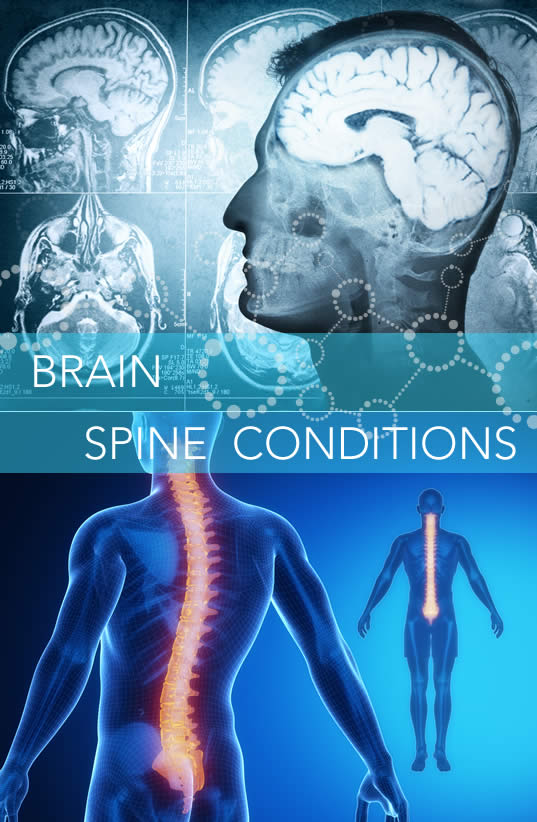
Brain Injury Specialists
What constitutes a brain injury?
There are two general types of brain injuries, loosely defines as traumatic brain injuries (TBI) that occur through an incidence of external force, and acquired brain injury (ABI), an injury caused without substantial external force.
TBIs include concussions, whiplash, and shaken baby syndrome, among others, each with its own characteristics and, in some cases, symptoms. Strokes, tumors, electric shock, or incidents that cut off or reduce oxygen flow to the brain constitute ABIs.
Due to the complexity of the brain and its reaction to injury, classifications are often difficult. Concussion, for example, may or may not be accompanied by other injuries, yet its effects can be pervasive. It’s the most common form of TBI.
An unusual aspect of brain injuries is that the effects on a patient may be out of proportion with the severity of injury. Therefore, a brain injury classed as “mild” may still have a serious impact on that person’s neurology.
What are the most common causes of brain injury?
Nearly half of the TBI incidents in the United States result from falls. Brain injuries from falls affect both the old and the young more than the rest of the population. Over 50% of TBI incidents for patients under 15 and nearly 80% for those over 65 occur because of falls.
At 15%, impact against or being struck by an object is the second most common cause of TBI and again, those under 15 are disproportionately affected. The younger group sees a TBI-related incidence rate of about 22%.
Motor vehicle accidents rank third, with an overall population rate of 14%.
How are brain injuries treated?
Given the wide range of damage that may occur with brain injuries, treatments are similarly wide-ranging. For instance, concussion that’s not accompanied by other physical damage may be treated with rest and over-the-counter pain relief, while internal bleeding of the brain – which may accompany concussion – could require emergency surgery to relieve pressure on and damage to the brain.
Surgical interventions may include repair of skull fractures, removing clotted blood, or creating a window in the skull to provide more room for injuries that cause brain swelling problems.
Concussions from sports injuries have gained prominence through the media recently, and this reporting underscores how little is understood about brain injuries in general. However, there’s much that is known about how the brain responds to injury, and care under the expert guidance of the doctors of Arizona Neurosurgery and Spine At The CORE Institute, located in Phoenix and Peoria, Arizona.

